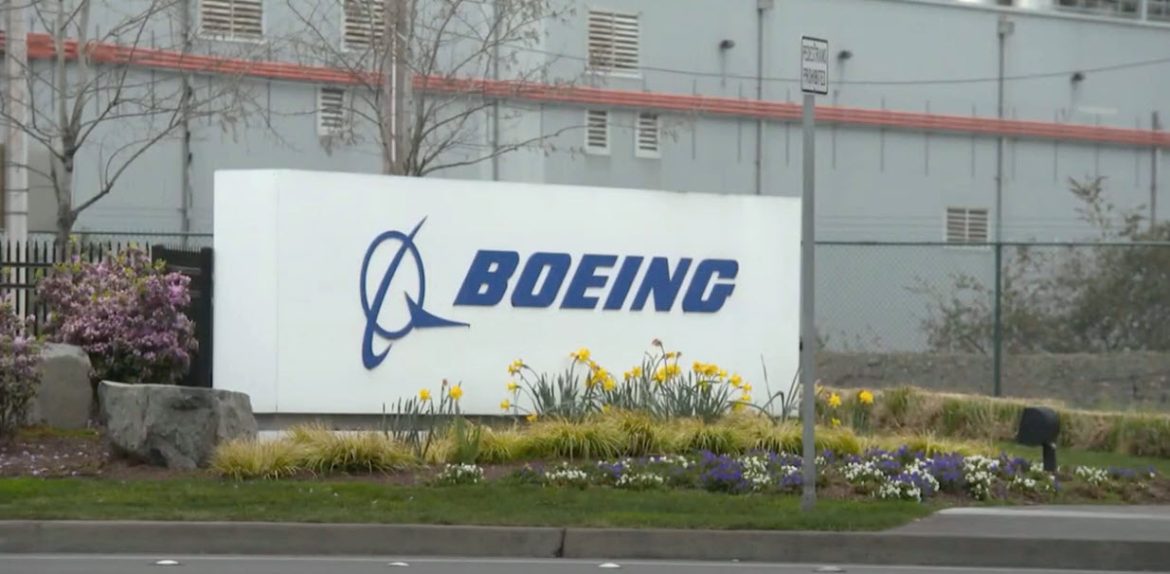Boeing, one of the world’s leading aerospace companies, is grappling with its worst month for new airplane orders in the aftermath of the Alaska Airlines door plug blowout incident. The company reported on Tuesday that it secured orders for only three 737 Max planes from an undisclosed customer. However, the bleak scenario worsened as three other orders were canceled during the same period, resulting in a net zero of orders — marking Boeing’s worst month since the onset of the pandemic.
The downturn in new orders comes amid heightened concerns and scrutiny following the Alaska Airlines incident, where a door plug blowout raised questions about the safety and reliability of Boeing’s 737 Max aircraft.
Boeing’s recent struggles are underscored by the incident involving Alaska Airlines, where a door plug blowout occurred. While Boeing managed to secure a limited number of new orders, the cancellation of three other orders has created a challenging scenario for the company. The Alaska Airlines incident has prompted a reevaluation of the safety features and structural integrity of Boeing’s 737 Max planes.
Earlier this month, United Airlines CEO Scott Kirby made a significant statement, expressing reservations about the 737 Max 10 models the company had ordered. Kirby asserted that the door plug incident acted as the “straw that broke the camel’s back,” implying a loss of confidence in the aircraft model.
Boeing’s recent experience marks a notable setback for the company, particularly considering the broader context of the aviation industry’s recovery from the impact of the COVID-19 pandemic. The absence of significant new orders adds to the challenges faced by Boeing, which has been navigating a complex landscape of production delays, regulatory scrutiny, and customer confidence concerns.
The door plug incident has not only raised questions about the safety of Boeing’s airplanes but has also triggered a cautious approach from major airlines. United Airlines’ reluctance to rely on the 737 Max 10 models further highlights the repercussions of the incident on Boeing’s reputation and market standing.
As Boeing grapples with its worst month for new airplane orders, the company faces a critical period of reassessment and corrective action. Restoring confidence in the safety of its aircraft, addressing concerns raised by the Alaska Airlines incident, and implementing measures to prevent similar occurrences will be crucial for Boeing’s recovery.
The aviation industry, known for its rigorous safety standards, will closely monitor Boeing’s response and any additional developments that may influence the company’s trajectory in the coming months.



